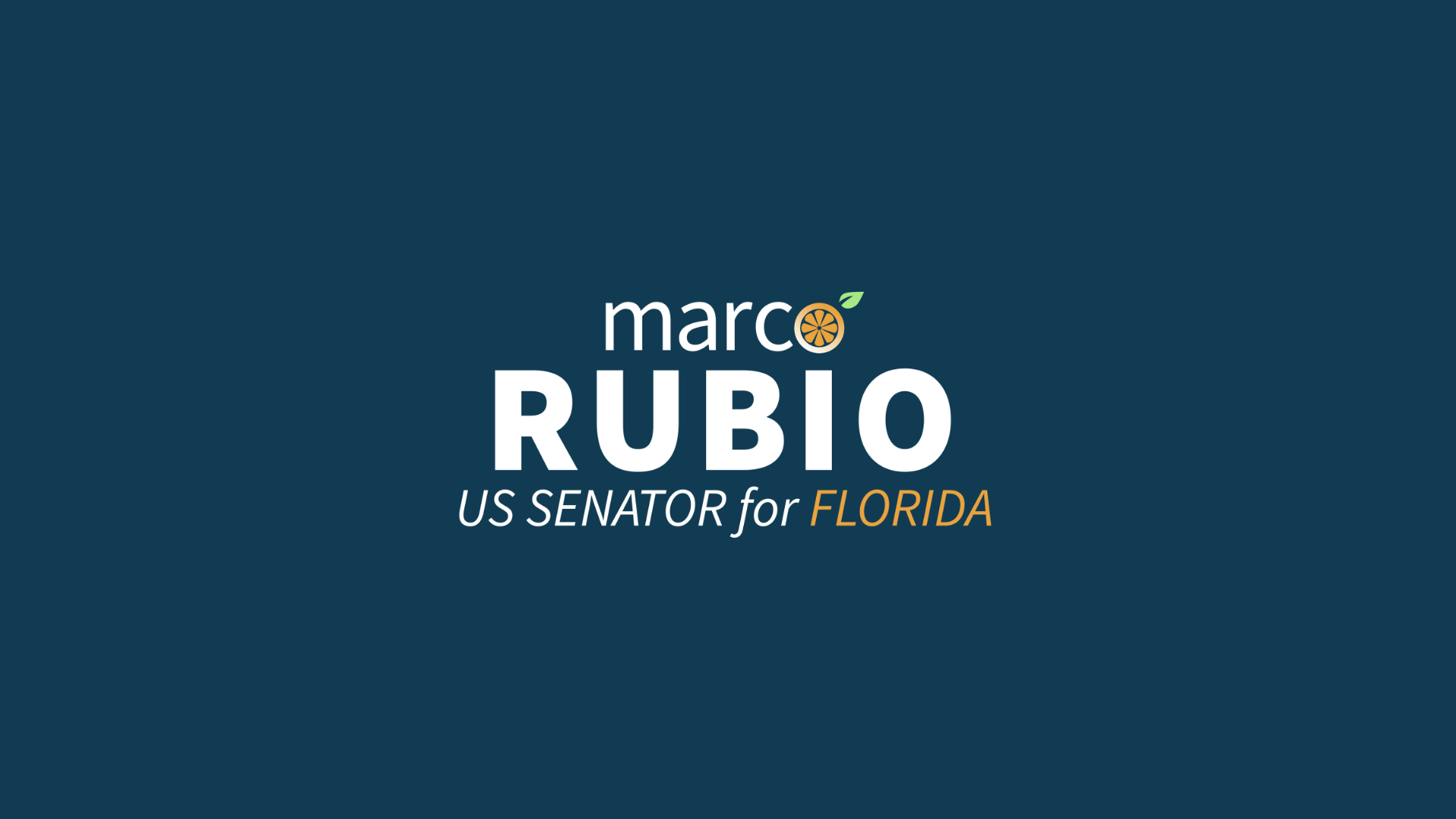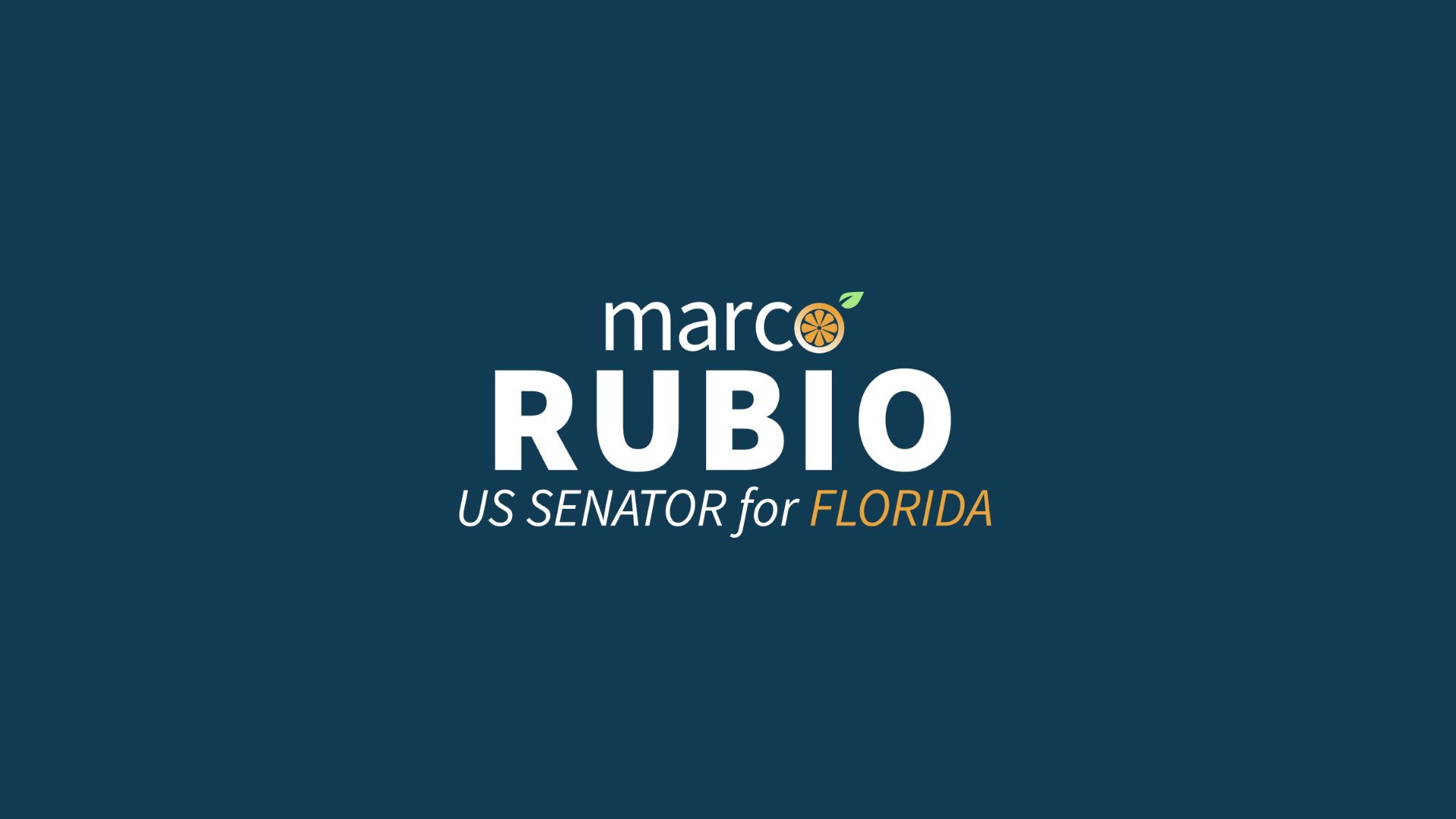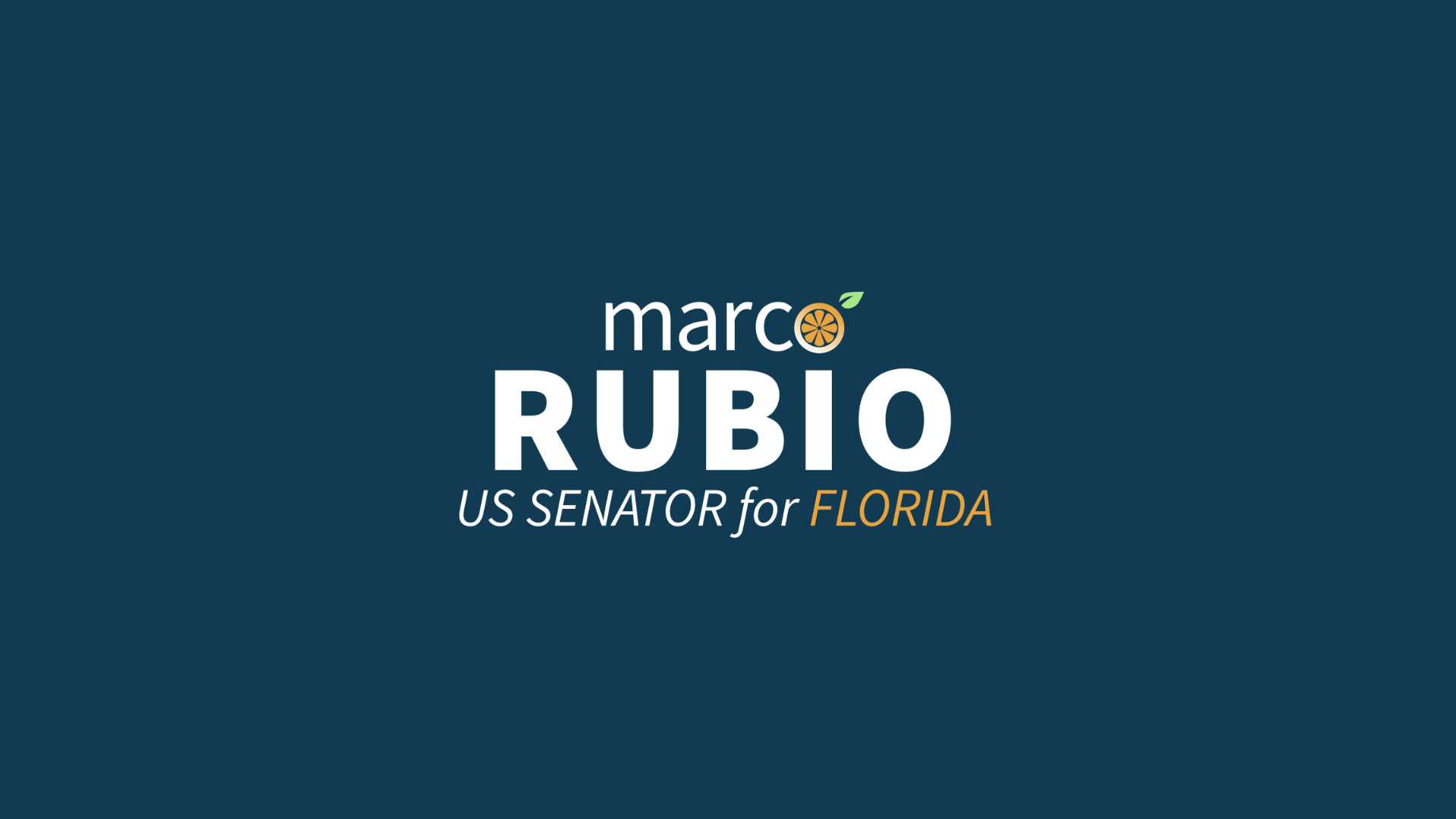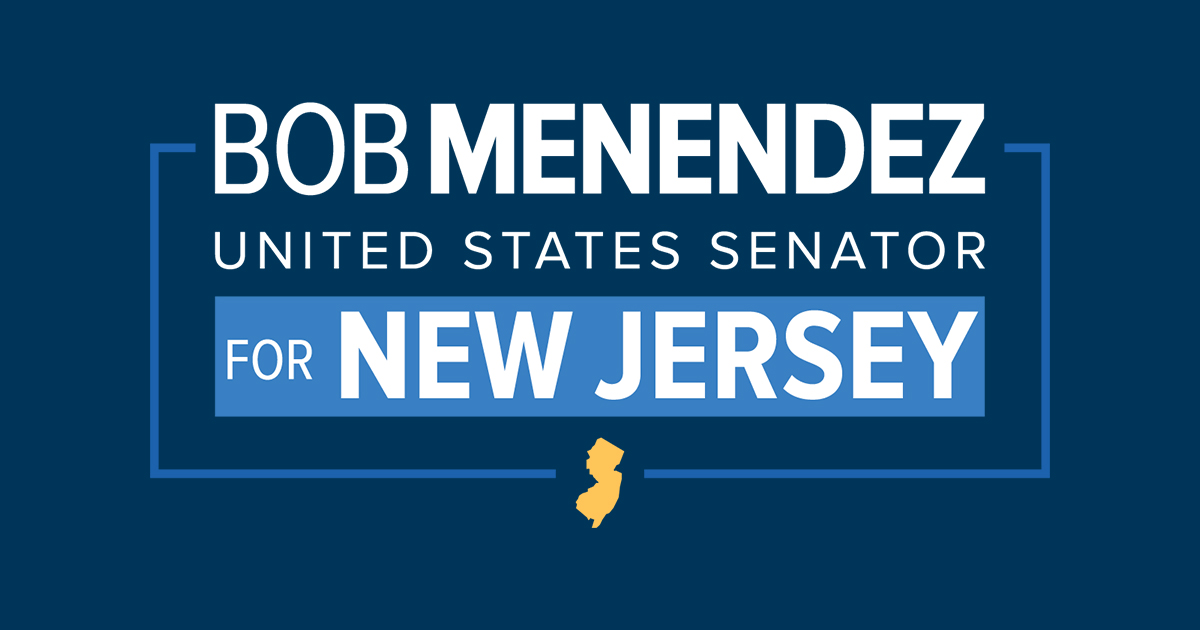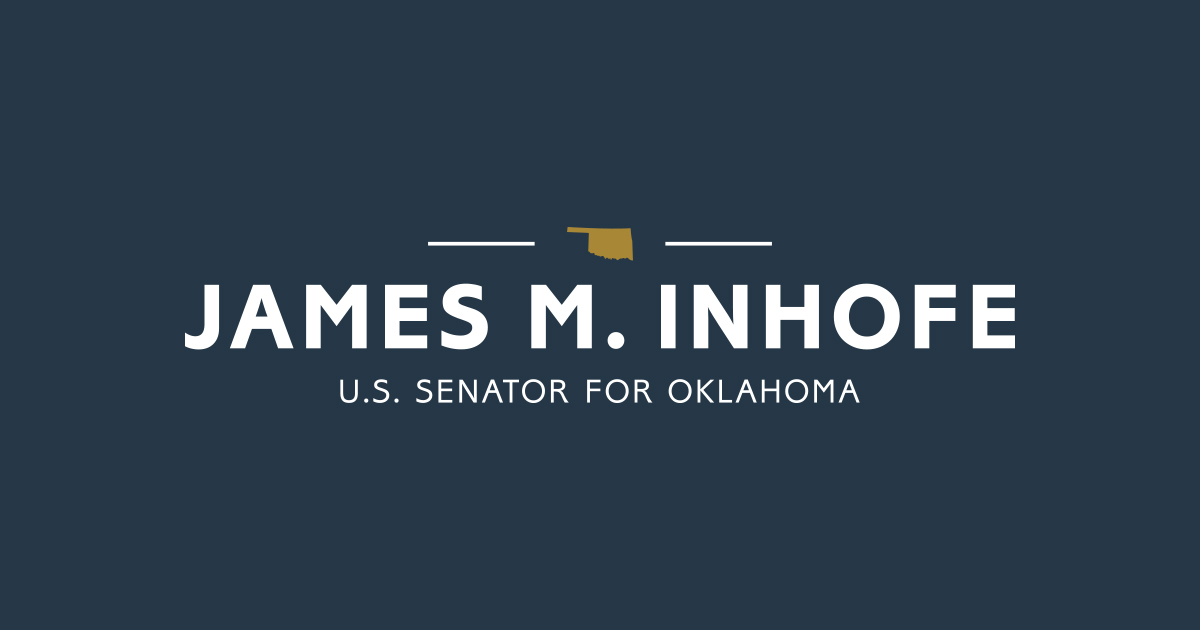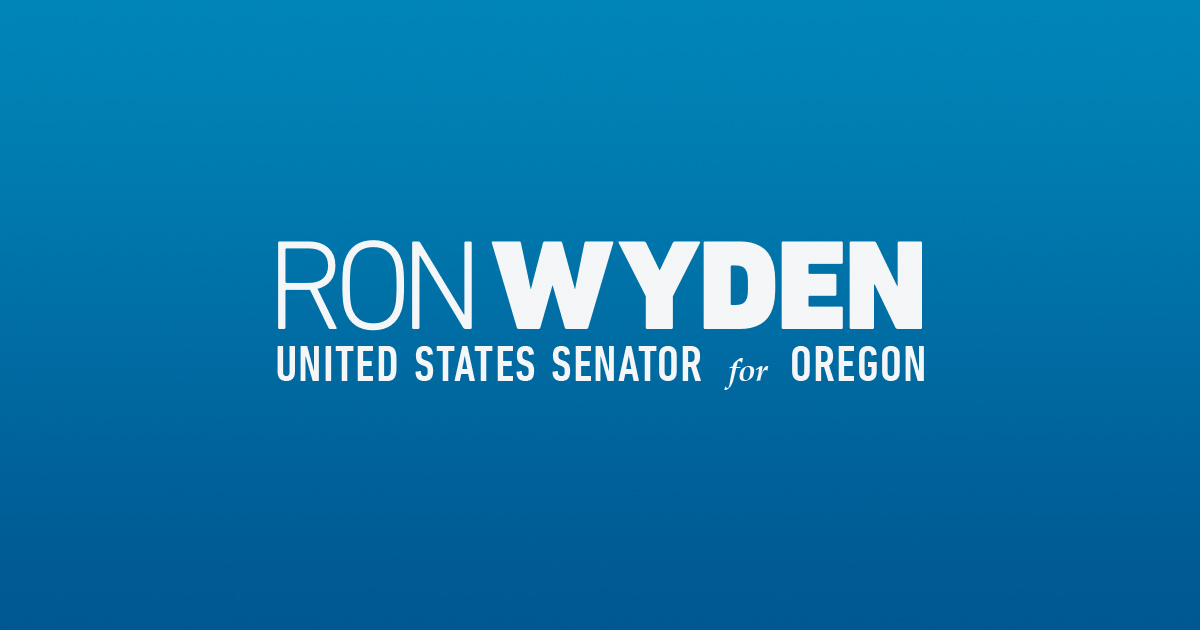Source: United States Senator for Florida Marco Rubio
Washington, D.C. — U.S. Senators Marco Rubio (R-FL) and Bob Menendez (D-NJ), joined by Senators Susan Collins (R-ME), Jeanne Shaheen (D-NH), Todd Young (R-IN), Chris Coons (D-DE), and Rob Portman (R-OH), reintroduced the Central American Women and Children Protection Act (S. 2003) to address the protection and safety of women and children in El Salvador, Honduras and Guatemala. The bipartisan legislation seeks to decrease and deter violence against women and children in the Northern Triangle and increase safe access by female and child survivors of violence to adequate, appropriate, and coordinated support services. The bipartisan bill would also enhance the performance, will and capacity of justice system officials in Central America, including police, prosecutors, and courtroom personnel to provide a coordinated, multi-disciplinary, victim-centric response to crimes of violence against women and children.
Rubio is the Ranking Member of the Foreign Relations Subcommittee on Western Hemisphere, Transnational Crime, Civilian Security, Democracy, Human Rights, and Global Women’s Issues.
Menendez is the Chairman of the Senate Committee on Foreign Relations.
“I am proud to reintroduce this bipartisan legislation which would provide much-needed resources, training and additional tools for the victims of violence in Central America, who are predominantly women and children,” Rubio said. “By increasing the capacity of the criminal justice systems, and family courts in El Salvador, Honduras and Guatemala, the U.S. is supporting the strengthening of these institutions by providing assistance, protection, and empowering families with clear objectives to protect survivors of sexual assault, domestic violence, abuse, and neglect.”
“As a nation committed to protecting the most vulnerable and to fostering global and regional security and stability, the United States has both a moral imperative and fundamental responsibility to provide assistance to counter the alarming levels of violence perpetrated against women and children in Central America. We cannot sit idly by as our closest neighbors suffer from some of the highest rates of homicide – and femicide – in the world, and impunity persists for horrific violence against women,” Chairman Menendez said. “By strengthening criminal justice systems and family courts’ ability to protect victims, and promoting prevention and early detection in community and school environments, the Central American Women and Children Protection Act of 2021 lays a critical foundation for the social and economic development for communities in El Salvador, Honduras and Guatemala.”
RUBIO, MENENDEZ, COLEGAS REINTRODUCEN PROYECTO DE LEY EN APOYO A MUJERES Y NIÑOS CENTROAMERICANOS
Washington, D.C. — Los senadores estadounidenses Marco Rubio (R-FL) y Bob Menendez (D-NJ), junto a los senadores Susan Collins (R-ME), Jeanne Shaheen (D-NH), Todd Young (R-IN), Chris Coons (D-DE) y Rob Portman (R-OH), reintrodujeron la Ley de Protección de Mujeres y Niños de Centroamérica (S. 2003) para abordar la protección y seguridad de mujeres y niños en El Salvador, Honduras y Guatemala. El proyecto de ley bipartidista busca disminuir y disuadir la violencia contra las mujeres y niños en el Triángulo del Norte y aumentar el acceso seguro de mujeres y niños sobrevivientes de violencia a servicios de apoyo apropiados y coordinados. El proyecto de ley bipartidista también mejoraría el desempeño, la voluntad y la capacidad de los funcionarios del sistema de justicia en Centroamérica, incluidos la policía, los fiscales y el personal de la sala de audiencias, para brindar una respuesta coordinada, multidisciplinaria y centrada en las víctimas a los delitos de violencia contra mujeres y niños.
Rubio es el Miembro de Más Alto Rango del Subcomité sobre Hemisferio Occidental, Crimen Transnacional, Seguridad Civil, Democracia, Derechos Humanos y Asuntos Globales de la Mujer.
Menéndez es el Presidente del Comité de Relaciones Exteriores.
“Me enorgullece reintroducir esta legislación bipartidista que proporcionaría recursos, capacitaciones y herramientas adicionales muy necesarios para las víctimas de la violencia en Centroamérica, que son predominantemente mujeres y niños”, Rubio dijo. “Al aumentar la capacidad de los sistemas de justicia penal y los tribunales de familia en El Salvador, Honduras y Guatemala, EE. UU. estamos apoyando el fortalecimiento de estas instituciones al brindar asistencia, protección y empoderamiento de las familias con objetivos claros para proteger a las sobrevivientes de agresión sexual, violencia doméstica, abuso y negligencia”.
“Como una nación comprometida con la protección de los más vulnerables y con la fomentación de la seguridad y estabilidad global y regional, Estados Unidos tiene un imperativo moral y una responsabilidad fundamental de brindar asistencia para contrarrestar los alarmantes niveles de violencia perpetrados contra mujeres y niños en Centroamérica. No podemos quedarnos de brazos cruzados mientras nuestros vecinos más cercanos sufren algunas de las tasas más altas de homicidio – y feminicidio – en el mundo, y persiste la impunidad por la horrible violencia contra las mujeres”, Menéndez dijo. “Al fortalecer los sistemas de justicia penal y la capacidad de los tribunales de familia para proteger a las víctimas, y promover la prevención y la detección temprana en entornos comunitarios y escolares, la Ley de Protección de Mujeres y Niños de Centroamérica de 2021 sienta una base fundamental para el desarrollo social y económico de las comunidades en El Salvador, Honduras y Guatemala”.
